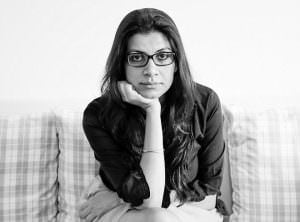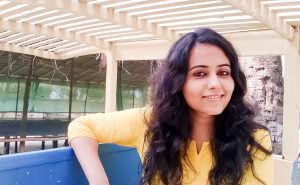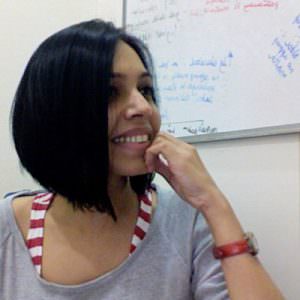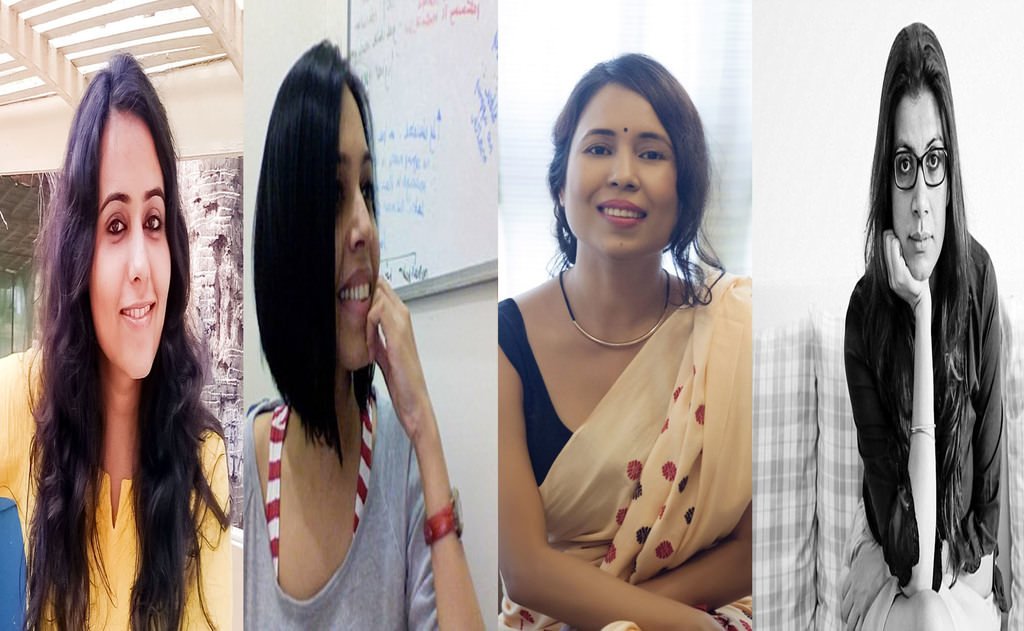It’s that time of the year when listicles look back on the year gone by. Videos and articles listing the year’s biggest hits and flops, best films to watch and even best performing actors and directors are out already. But at a time when even mainstream Hindi films with ‘superstars’ are underperforming because of bad content, there still isn’t enough of an emphasis on the importance of writers.
Though quite a few ‘women centric’ films like Lipstick Under My Burkha, Secret Superstar and Tumhari Sulu have done well, a lot of these films are written and directed by men. Shifting the focus to female writers and the work they have done in Indian cinema this year, here’s taking a look at five female screenwriters who have produced commendable work in 2017.
1. Alankrita Shrivastava

Image credit: Verve
She’s written and directed Lipstick Under My Burkha, one of the most talked about films of 2017. It tells the stories of four different women going through very different problems but living under the same roof in an aptly named old haveli, ‘Hawai Mahal’. The story of 55-year-old widow Usha Parmar and the ignition of her sexual desires as she takes swimming lessons from a young coach, is humorous and heartbreaking. Usha’s story comes as a breath of fresh air in an ageist and sexist industry where older women’s sexuality is rarely explored. Alankrita made her debut as writer-director with the 2011 film Turning Thirty, prior to which she had assisted Lipstick producer Prakash Jha on a number of films like Apaharan and Rajneeti.
2. Rima Das

Image credit: Asian Shadows
Rima Das made her debut as writer-director with the 2017 Assamese film Village Rockstars, which has been screened at various national and international film festivals. At the Mumbai Film Festival this year, it won several awards including the Golden Gateway award for Best Film in India Gold category and the Oxfam Best Film for Gender Equality award. At the question and answer session post the screening of her film at the festival, Rima revealed that she had come to Mumbai to be an actor. Tired of struggling, she returned to her native home to explore her roots. In the process, she ended up making a fictional film against the backdrop of her village in Assam. Dhunu, a 12-year-old girl is the central protagonist of Rima’s film. Dhunu’s desire for a guitar forms the backdrop of the story but this film is about so much more. It’s the portrait of a community that struggles with loss every year as the village gets flooded. It’s the story of a girl who doesn’t believe in society’s rules-she climbs trees like the boys even after she is warned of being possessed by ghosts. It’s a nuanced portrayal of a parent-child relationship.
3. Gazal Dhaaliwal

Image credit: The Review Monk
Gazal has written the dialogues for Lipstick Under My Burkha and Qarib Qarib Singlle and has also co-authored the screenplay of the latter. Qarib Qarib Singlle is a refreshing romantic comedy that tells the tale of Yogi and Jaya and their bond that develops through an absurd journey to meet all of Yogi’s exes. Jaya is a strong-minded, independent thirty-something woman who struggles to come to terms with her husband’s death and undergoes an emotional journey of her own through the course of the film. Gazal initially worked as a software engineer at Infosys after college. But within two years, she shifted to Mumbai to pursue her dream of writing films. In her personal capacity, Gazal also plays an important role in the LGBTQIA+ community’s struggle for equality in India.
4. Zeenat Lakhani

Image credit: Zeenit’s Twitter profile
Zeenat, who has previously co-written the 2011 film Shaadi ke Side Effects is the co-writer of this year’s sleeper hit Bollywood film Hindi Medium. Hindi Medium makes a commentary on class and language politics in our country, as the newly rich couple at the centre of the film struggles to get their daughter admitted to an elite English medium school. Zeenat and her co-writer and director Saket Chaudhary put in more than a year of research into the script, including meeting parents who had applied to several schools for their children’s admissions, meeting principals of schools and speaking with NGOs who help parents with admission processes.
5. Ektara Collective
This is not a single person but a group of people collectively working towards making socially relevant films. Their first feature film Turup (Checkmate) is being screened at festivals across the country. Rinchin and Maheen Mirza are credited as the co-writers of the film that tells the story of women from different socio-economic locations against the backdrop of the local roadside chess tournament that is taking place in their mohalla in Bhopal. The film deals with issues of caste, religion and gender politics in the context of growing fundamentalism in our country. The female dominated collective has previously made two short films, Chanda Ke Joote (2011) and Jaadui Machchi (2013).
About the author(s)
Shrishti is a student of Media and Cultural Studies. Long rants with female friends help her channelize rage on the world around. Good food, pretentious poetry and cute canines provide her endless pleasure.




